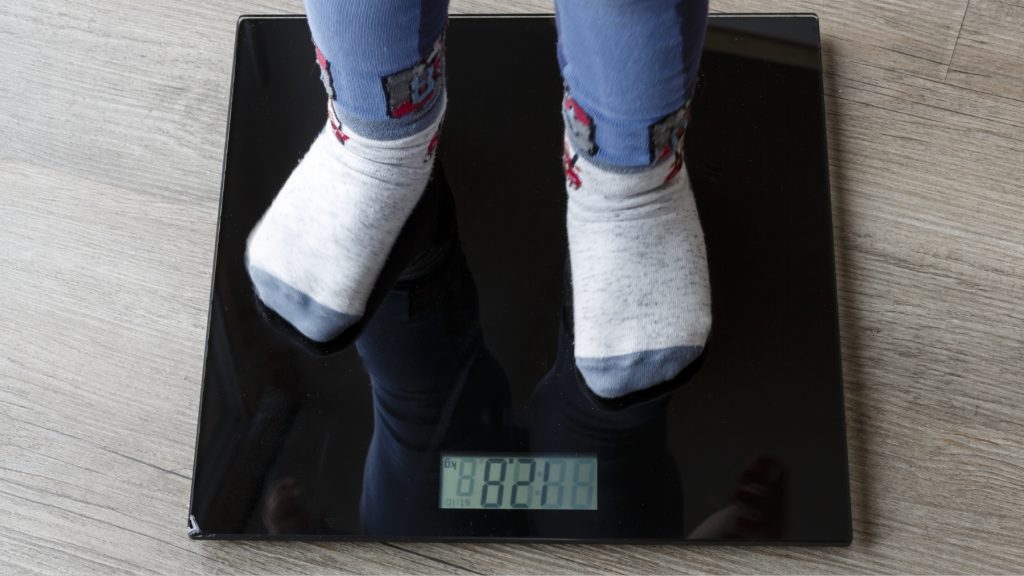
One of America’s most prominent pharmaceutical conglomerates,Ozempic, has put to plan a test for a weight loss medicine on children as young as six years old.
The 14 + kg overweight child in me is raging and hurt. The introduction of such medication is not required but what is required from personal experience is changing the word fat to a friendly term.
Educating yourself and your child about the importance of good eating and exercising habits. If these little tips have become too mainstream in the fast-paced social media world that we live in, then we are in deep trouble.
The term fat is sadly negatively connotated and it reminds me of the days where I couldn’t play on the seesaw with anyone because I was never able to be on top. As I was growing up, I faced a lot of problems because I was the “fat” one in class. I got called names like Winnie the Pooh, Shrek, fatso, and the list goes on.
These medications are depriving numerous children of a vital step in their childhood.
How It All Started
In 2017, Ozempic was approved by U.S. Food and Drug Administration (FDA) for patients with type two diabetes. The purpose of the drug was to lower sugar levels in the blood and aid the pancreas to produce more insulin. Today, Ozempic has gone from a pharmaceutical company to Americas top weight loss solution company that targets both adults and children who have a hard time losing weight.
Eli Lilly & Co., a pharmaceutical giant, plans to test Mounjaro, a new diabetes drug on heavier patients whose age range from six years and above.
Given the extraordinary popularity of the Ozempic weight loss ‘solution’, which has become one of the ‘top’ adult weight reduction medicines that have spread like wildfire in the last year, Eli Lilly isn’t the only business to consider developing a similar drug for children. The Denmark-based Novo Nordisk has already started testing its own version of the medicine, Saxenda, on young children.
While some might think that the main question to be addressed is the weight one, the real one, the more valuable one is: “Do you truly care about children losing weight at age six, when their cognitive abilities have not fully developed or are the main concern the advantages that come along with it?”
It is anticipated by 2030 that the industry would be worth more than $100 billion USD, while the uptake among teens is relatively slow, parents who were surveyed seemed to be open regarding the idea.
Photoshopped Realities
The truth is, the target isn’t so much the children themselves, but rather their parents. This is where social media and marketing come hand in hand and begin their cash journey.
Although parents are concerned about their children’s health, the dynamic societal change social media brought in the last decade, has put physical appearance on the front line. People will begin to judge the parents’ skills by their child’s appearance and pictures that they post online – we already see it on variety of social media platforms. As a result, parents become strict on their children when it comes to their body image. This is where the children’s journey with body image issues begins, especially with the extensive use of social media.
Parental pressure may have an influence on the child’s body image along with the use of social media. Only a few of us can browse the media while setting boundaries against negative messages and unrealistic body images representation. Studies have reported that messages and images do create damage to the health and development of children and adolescents. According to the study social media and Body Dissatisfaction: Investigating the Attenuating Role of Positive Parent-Adolescent Relationships, the association between social media use and body dissatisfaction is less for teenagers who have better mother ties. Therefore, a healthy parental connection should be established before allowing your child to create accounts on different social media platforms. The use of social media with young children is extremely critical. Another study titled Parental Control of the Time Preadolescents Spend on social media: Links with Preadolescents’ Social Media Appearance Comparisons and Mental Health discovered that children of parents who claimed stronger control over their social media time spent less time online, made fewer appearance-related comparisons, and had higher overall mental health.
There have been many conspiracy theories about pharmaceutical companies with medication related to weight loss and social media. Could social media’s unrealistic body images be the marketer to these medications? Most likely yes. This is because nowadays everyone is online browsing and getting influenced by what they do see – let alone parents who face negative comments about raising a heavier child at home.
A Little Message to Meta and TikTok…
How about we work hand in hand together and put the effort into decreasing cyberbullying. Let social media be a safe place for all body images, skin tones, hair textures, and heights. Let children work on healthy habits they see online rather than resorting to medication that may have negative side effects on them as they grow older.
A Message to the Guardians
If any parent is reading this, I would have one thing to tell you, let social media be used to raise awareness for self-acceptance to the younger generation rather than using it to induce trauma and create body dysmorphia.
Our differences make us unique.
Forever a heavier kid at heart.
Inside Telecom provides you with an extensive list of content covering all aspects of the Tech industry. Keep an eye on our Medtech section to stay informed and updated with our daily articles.